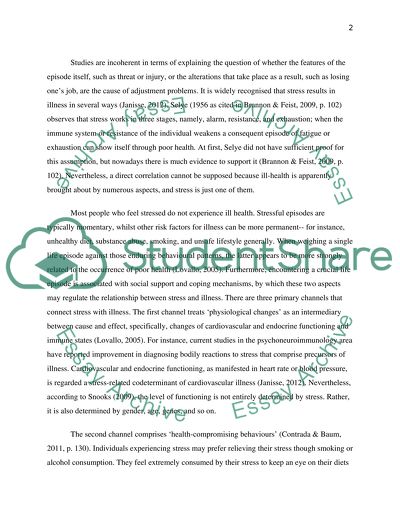Cite this document
(“Psychology of health and illness Essay Example | Topics and Well Written Essays - 2000 words”, n.d.)
Retrieved from https://studentshare.org/psychology/1469753-psychology-of-health-and-illness
Retrieved from https://studentshare.org/psychology/1469753-psychology-of-health-and-illness
(Psychology of Health and Illness Essay Example | Topics and Well Written Essays - 2000 Words)
https://studentshare.org/psychology/1469753-psychology-of-health-and-illness.
https://studentshare.org/psychology/1469753-psychology-of-health-and-illness.
“Psychology of Health and Illness Essay Example | Topics and Well Written Essays - 2000 Words”, n.d. https://studentshare.org/psychology/1469753-psychology-of-health-and-illness.


